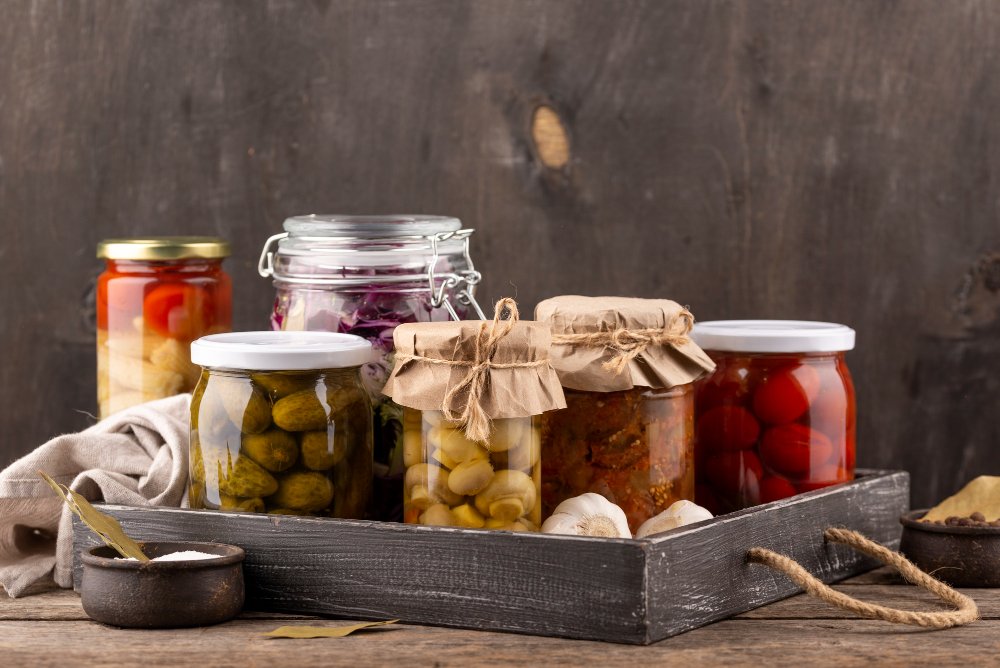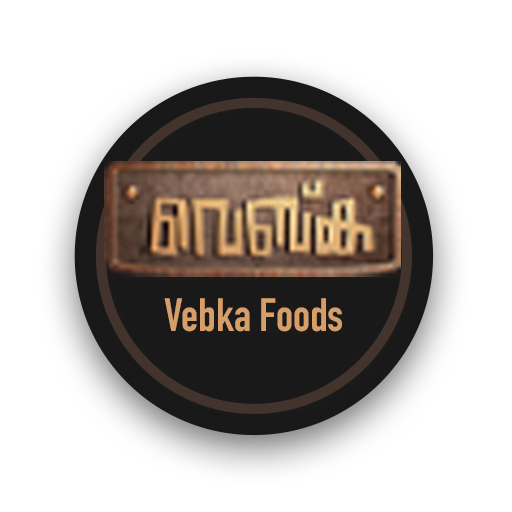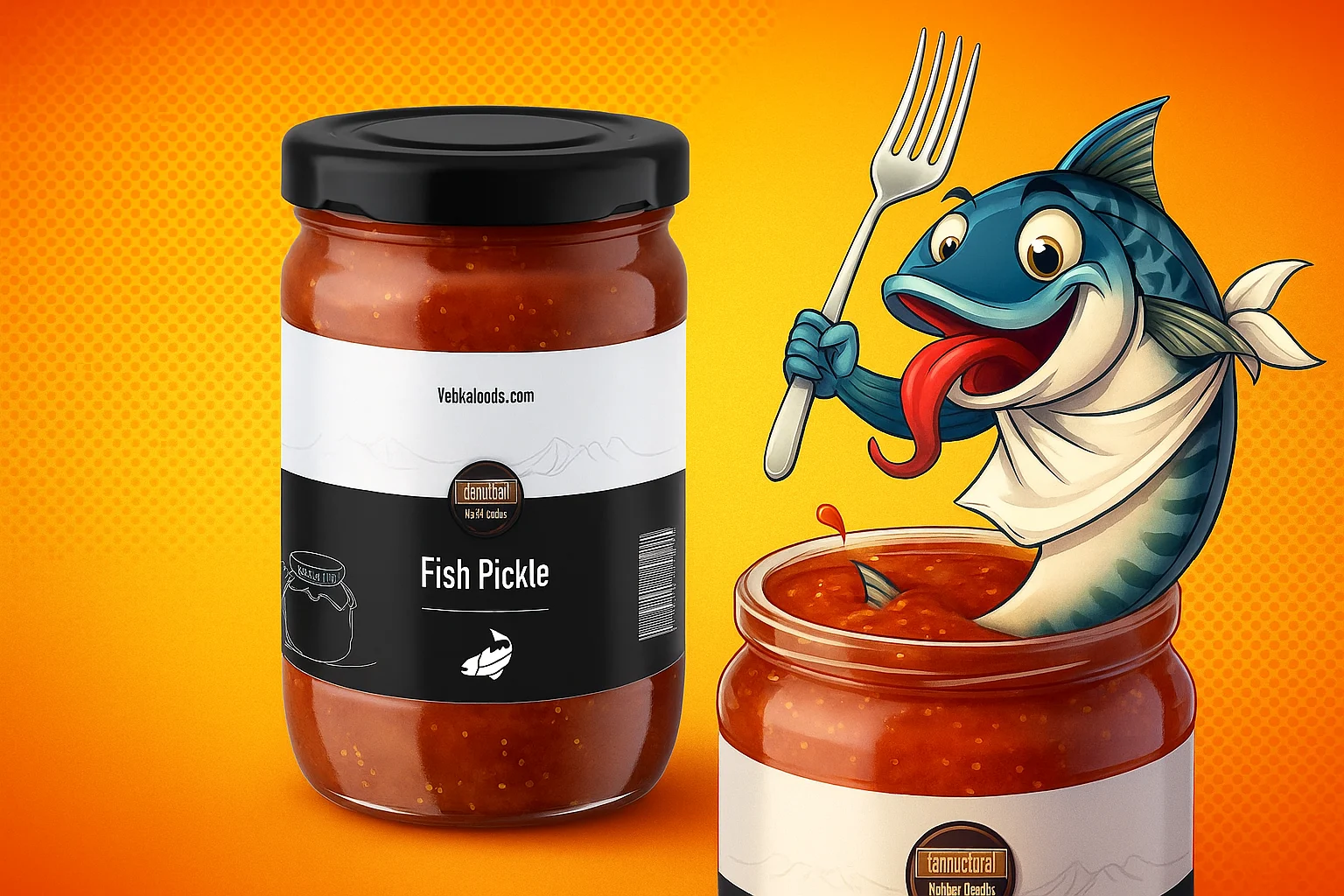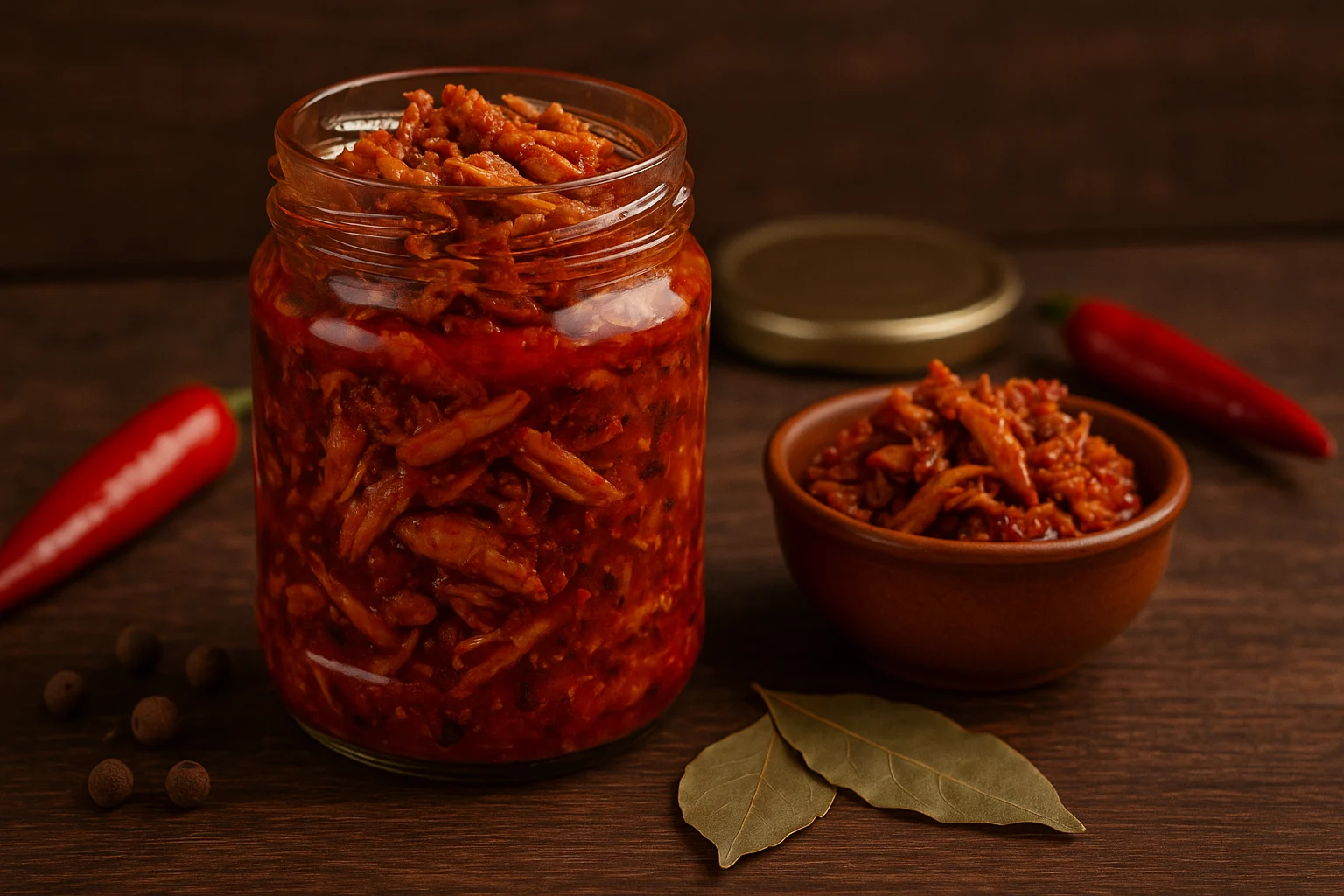Are Preservatives in Pickles Safe Here is What You Need to Know

Are Preservatives In Pickles Safe? Here Is What You Need To Know Before Using It.
Pickles add a burst of flavour to any meal. However, have you ever paused to ask: what’s in pickles that keeps them fresh for so long? While studying chemical analysis in college, I once had a disturbing reaction—redness and itching—for weeks after consuming a store-bought pickle. That incident sparked my curiosity. I examined its ingredients and discovered multiple chemical preservatives. The experience led me to explore the difference between traditional and commercial pickle preservation methods. Here we uncovered about preservatives in pickles and what’s in pickles that could raise health concerns.
The Unexpected Discoveries: Unpacking Artificial Preservatives

Lab results confirmed the use of several artificial preservatives in pickles, commonly found in commercial brands. These additives designed to extend shelf life and reduce production costs. Some of the most used commercial pickle preservatives include:
- Sodium Benzoate
- Acetic Acid
- Citric Acid
Though widely used, these industrial chemicals differ from natural counterparts and pose potential risks.
Deep Dive: A Detailed Analysis of Artificial Preservative Concerns
While preservatives help extend shelf life, not all are created equal. Many commercial pickles rely on synthetic additives that differ significantly from their natural counterparts. In this section, we examine the most commonly used artificial preservatives in pickles, their purpose, origins, and the potential health risks they pose.
Sodium Benzoate (INS 211): This chemical is commonly added to prevent bacterial and fungal growth. However, it reacts with Vitamin C—abundant in mangoes and lemons—to form Benzene, a known carcinogen. Exposure to sunlight and heat, especially in plastic packaging, accelerates this process. While considered “safe” within USFDA guidelines, enforcement is questionable among smaller brands. This raises real concerns about Sodium Benzoate dangers and the presence of carcinogens in food.
Acetic Acid (INS 260): Used for instant tartness and pH control, this acid also softens vegetables unnaturally. While effective, high intake may reduce potassium levels and weaken bone density. This poses long-term health risks tied to Acetic Acid side effects, especially in frequent consumers.
Citric Acid (INS 330): Though found in fruits, commercial pickles use a synthetic version made from Aspergillus Niger. It may trigger allergic reactions, inflammation, and even respiratory issues in sensitive individuals. My own symptoms—redness and itching—could be linked to this Citric Acid allergy, highlighting the need for stricter food safety regulations.
Nature’s Recipe: The Power of Traditional Preservation
India’s traditional pickle-making techniques rely on natural preservatives in pickles that are both effective and safe. Handed down through generations, these ingredients preserve food without harmful chemicals:
- Salt: Draws out moisture and prevents microbial growth while enhancing taste.
- Mustard Oil/Gingelly Oil: Acts as a natural antimicrobial layer, loaded with antioxidants and Omega-3.
- Hing (Asafoetida): Offers strong antibacterial properties and balances acidity.
- Mustard Seeds: Contain natural compounds like glucosinolates that fight bacteria.
- Turmeric: Known for its antibacterial effect and vibrant color.
- Garlic & Ginger: Powerful flavour agents with proven antimicrobial benefits.
- Fenugreek Seeds: Deter fungal growth and enhance taste.
- Vinegar & Lemon Juice: Boost acidity to stop spoilage naturally.
These traditional Indian pickles are not just safer but taste better. Homemade pickles represent centuries of culinary wisdom, making them the best alternative to processed food.
Making the Right Choice: Why Natural Matters (Vebka Foods Philosophy)
Choosing healthy pickles means prioritizing well-being, authentic taste, and trusted ingredients. Vebka Foods pickles are made using traditional methods and natural ingredients free from artificial preservatives. Our preservative-free pickles reflect a deep respect for Kerala’s culinary roots. When you buy Kerala pickles online from Vebka Foods, you are choosing authentic Indian achaar crafted for health and flavour.
Support traditional pickles. Choose natural. Choose Vebka Foods.
Choose Safety without Compromising Taste
Understanding the harmful chemicals in pickles empowers us to make better food choices. Store-bought products may contain synthetic preservatives that pose health risks. By embracing natural preservatives in pickles, we support safe, flavourful, and time-tested methods. If you are concerned about pickle safety, choose homemade or traditionally preserved products.
Contact VEBKA FOODS today to explore our range of homemade pickles made without harmful additives. Taste the tradition—stay healthy, naturally.




